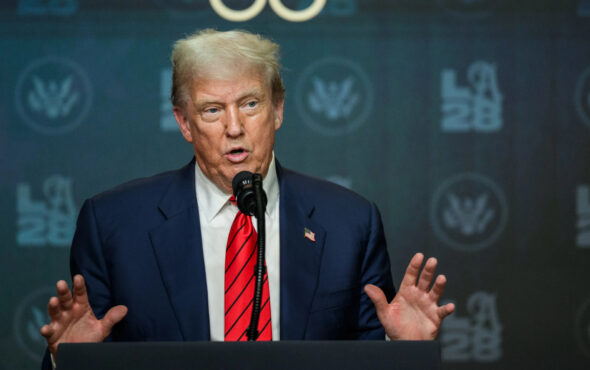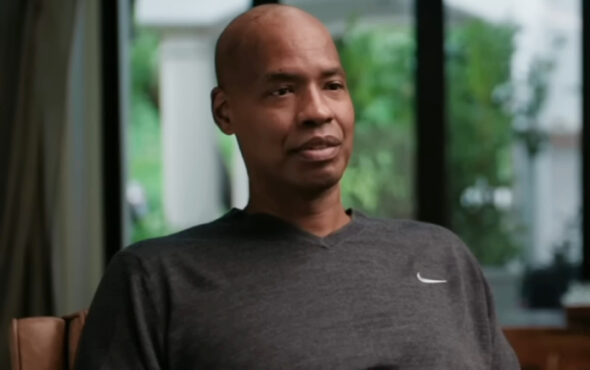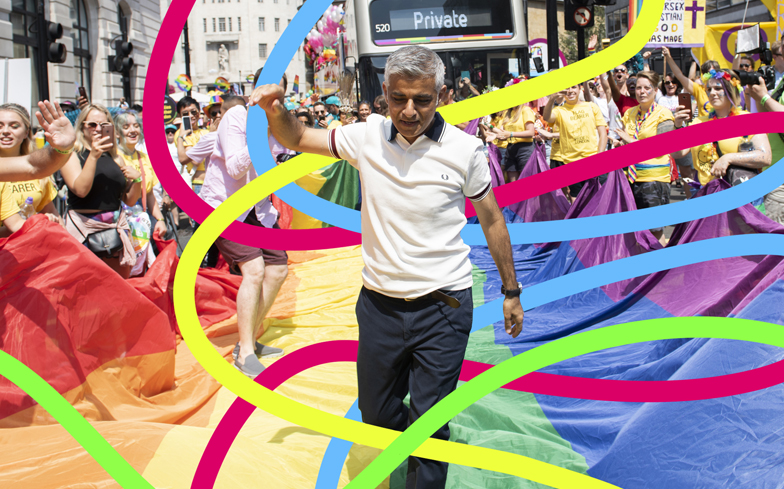
This has been a Pride month like no other. At a time when we would normally see one another and stand shoulder-to-shoulder in solidarity and celebration, we have instead been unable to meet up with our friends, loved ones and communities.
Rather than gathering at events and receptions, and preparing to take over the capital’s streets, we have had to stay at home and meet online to help keep Londoners safe.
Like so many others, I am bitterly disappointed that this means we are not able to unite on the streets again this Saturday for the Pride in London parade. It has been a real honour to lead the last four marches, which have always been a personal highlight of the year.
Sadly, the lockdown has taken away so many of our opportunities to be together, but I’m so proud of the way that Londoners have been making sacrifices to help each other.
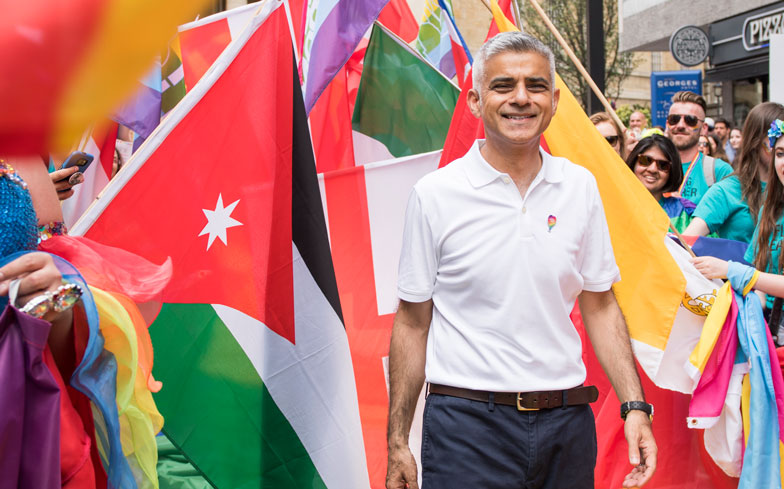
Nobody should be subject to harassment or abuse because of the colour of their skin, their gender identity or their sexuality, yet we continue to see discrimination.
During this pandemic, we have seen the very best of our communities, from our vibrant voluntary and community sector to our heroic NHS and care staff and the key workers who have kept our supermarket shelves stocked and our deliveries coming. Yet it has also revealed some of the worst elements of our society, from the stark health inequalities to the structural prejudices that run hundreds of years deep and still cause harm today.
The brutal killing of George Floyd sparked a wave of protests across the world and brought into focus a painful reality – that, while we are born equal, life in Britain is simply not the same for everyone. And while the marches have rightly focused on racism and the unequal treatment of Black people, many Black members of the LGBTQ+ community will know that, for them, unjust treatment is often compounded.
Nobody should be subject to harassment or abuse because of the colour of their skin, their gender identity or their sexuality, yet we continue to see discrimination. It is disgraceful that LGBTQ+ conversion therapy is still legal in the UK, that men can be denied the opportunity to donate blood based on their sexuality, and that the Government is stalling on the much-needed reform to the Gender Recognition Act. There is still so much that needs to be urgently done.
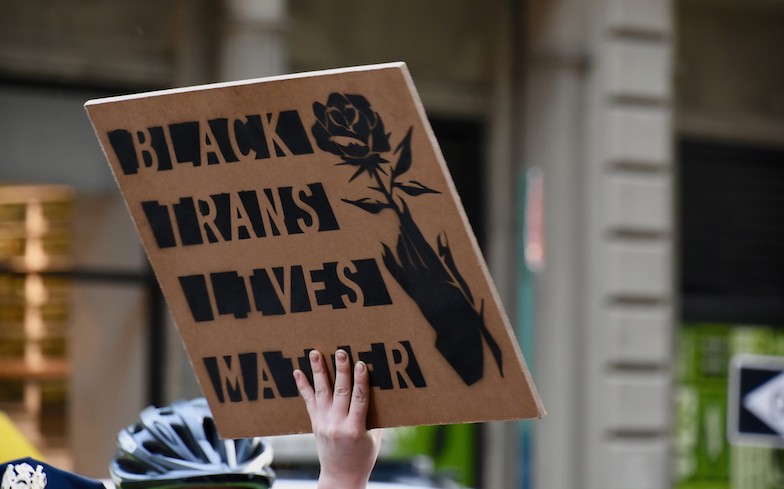
The events of this unique Pride month have reminded us all of the importance of speaking out where injustice persists, and that those of us in minority communities must also champion other marginalised communities. As Martin Luther King said, “injustice anywhere is a threat to justice everywhere”.
With many now educating themselves on the structural injustices in our society, we should be taking a fresh look at the role of LGBTQ+ people from Black and ethnic minority backgrounds in some of history’s most significant events. I encourage everyone to explore the remarkable stories of Bayard Rustin, who was instrumental in organising the 1963 March on Washington, Ivor Cummings OBE, who helped welcome to Britain and house many of the Windrush generation and Marsha P Johnson, whose courage at the Stonewall Inn led to the very first Pride.
The events of the last few months have reminded us how much we need each other. They have shown us how important it is to continue to stand with one another – even when you can’t be there in person. And they have demonstrated to us all that it is only by uniting and looking beyond our perceived differences, that we can bring about equality and secure the meaningful and lasting change we all desire.
Pride is a celebration, but it’s also about protesting and campaigning for change, which feels more relevant than ever this year. So let’s once again come together in solidarity. Let’s continue to push for justice and equality as neighbours, as allies and as one city. And let’s look forward to the time when we can be united on our capital’s streets once more.
